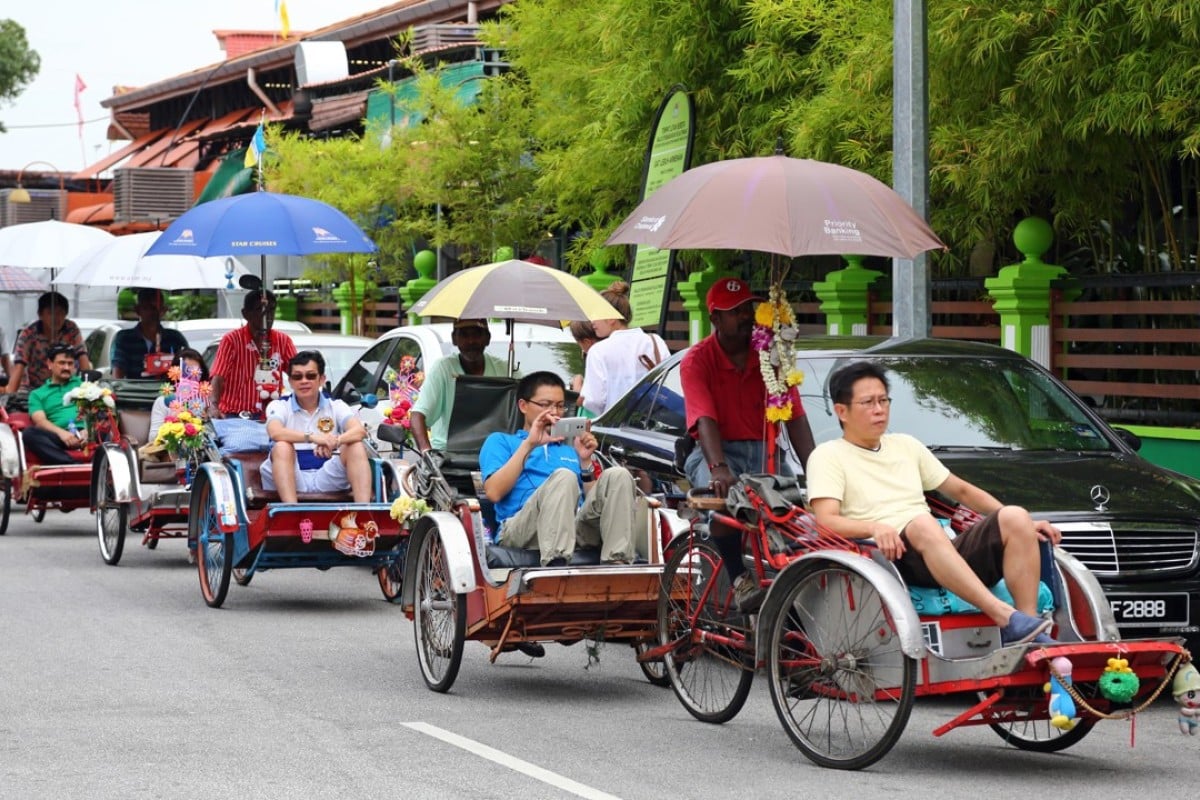
At 5 pm on February 27, the then Prime Minister, Tun Mahathir announced the launching of a 20 billion economic stimulus package to boost the economy of Malaysia to deal with the effects of the Wuhan Coronavirus pandemic and assist various areas to overcome difficulties. This economic stimulus package is divided into 3 major strategies:
Strategy 1: Deal with the effects of Wuhan Coronavirus pandemic;
Strategy 2: Encourage people-centric economic growth;
Strategy 3: Encourage quality investments.
1. Early Release Of BSH

The living assistance amounted to RM200 which would have been distributed in May will be paid as early as in March. In addition, all beneficiaries of BSH will receive an additional RM100 in their account in May, plus RM50 in electronic cash.
2. Allowance To The Frontline Civil Servants

To thank the contribution of the frontline civil servants in fighting the Wuhan Coronavirus pandemic, the government will issue a special allowance of RM400 to doctors and medical staff. Besides, the immigration office and other related personnel will receive a special allowance of RM200. This special allowance is effective from February 2020 until the end of the pandemic.
3. Employees Provident Fund (EPF) contribution rate decreased from 11% to 7%

The minimum provident fund contribution rate has been reduced from the current 11% to 7%, which means that members will have 10 billion cash in hand. The EPF Board subsequently announced that this new measure will take effect from April 1st to the end of the year. If members want to retain 11% of the contribution rate, they must complete the opt-in excess fund reserve form KWSP 17A (Khas).
4. Allowance to Drivers Who Are Involved In Tourism
All registered taxi drivers, tourist bus drivers, and tricycle drivers who carry tourists will receive RM600 to subsidize for the reduction of the number of tourists during the outbreak of Wuhan Coronavirus pandemic.
5. Allocation of RM 100 million to the Human Resources Development Fund (HRDF)

RM100 million will be allocated to the HRD. This aims to increase tourism and other sectors by 40,000 jobs. The government is also encouraging employers to increase investment during economic retardation to increase human capital productivity. Moreover, the government will provide double discounts on tourism training expenses. In addition, the government also continued to allocate RM50 million for short-term course grants in the digital and high-tech sectors.
6. Measures To Be Taken On Tourism

As long as you can prove that you are travelling in the country, you will get an income tax rebate of RM1,000. In addition, Malaysians will also receive a digital coupon allowance of RM100, which can be used for domestic flights, train fares, and licensed hotels. In addition, from March to August, a 6% hotel service tax will be waived. Remember to check this charge when staying at the hotel!
7. Bank loans

All banks are required to ease the financial burden of the borrowers by providing payment moratorium comprising restructuring and rescheduling loans for affected businesses and individuals. The Bank Negara Malaysia will monitor implementation and ensure compliance among financial institutions. This measure encourages industries such as hotels and shopping malls to offer rental discounts and reduce rents. Malaysia Airports Holdings Limited (MAHB) will also reduce airport rents as well as landing and parking fees.
8. Rural Project

The government will also prepare an additional RM2 billion for the immediate implementation of minor repairs and upgrades, especially in rural areas. In order to ensure effective implementation, grants will be issued in cooperation with state governments, local authorities, and communities.
9. Bidding plan

The value of the procurement plan which executed through draw lot and tender would increase to RM100,000 and RM800,000 respectively. Furthermore, the government will ensure that the relevant departments allocate sufficient funds to the agencies responsible for the implementation in the first quarter. The Ministry of Finance will then evaluate whether the procurement schedule has been followed and implemented as scheduled.
Hopefully, this move can help more people.






